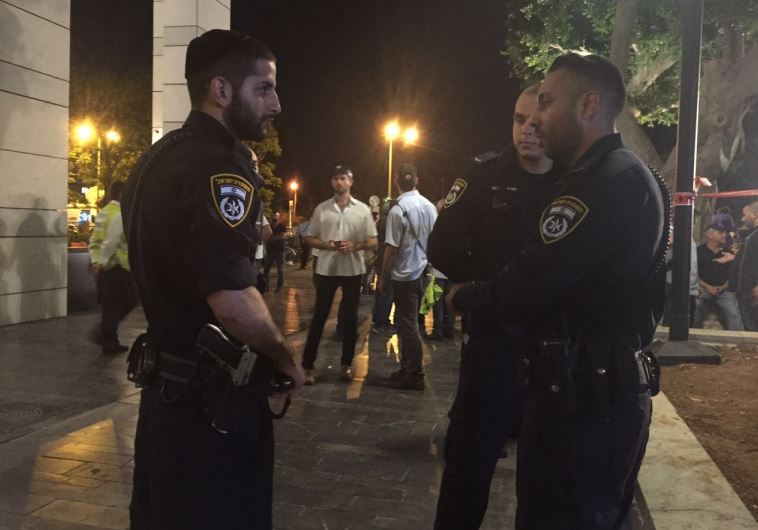Israeli resilience
On Wednesday, the nation reeled from the gruesome shootings perpetrated by two young Palestinian men from the Yatta, a town in the South Hebron Hills.
 Shooting attack at Tel Aviv's Sarona complex, June 8, 2016.(photo credit: ISRAEL POLICE)Updated:
Shooting attack at Tel Aviv's Sarona complex, June 8, 2016.(photo credit: ISRAEL POLICE)Updated: